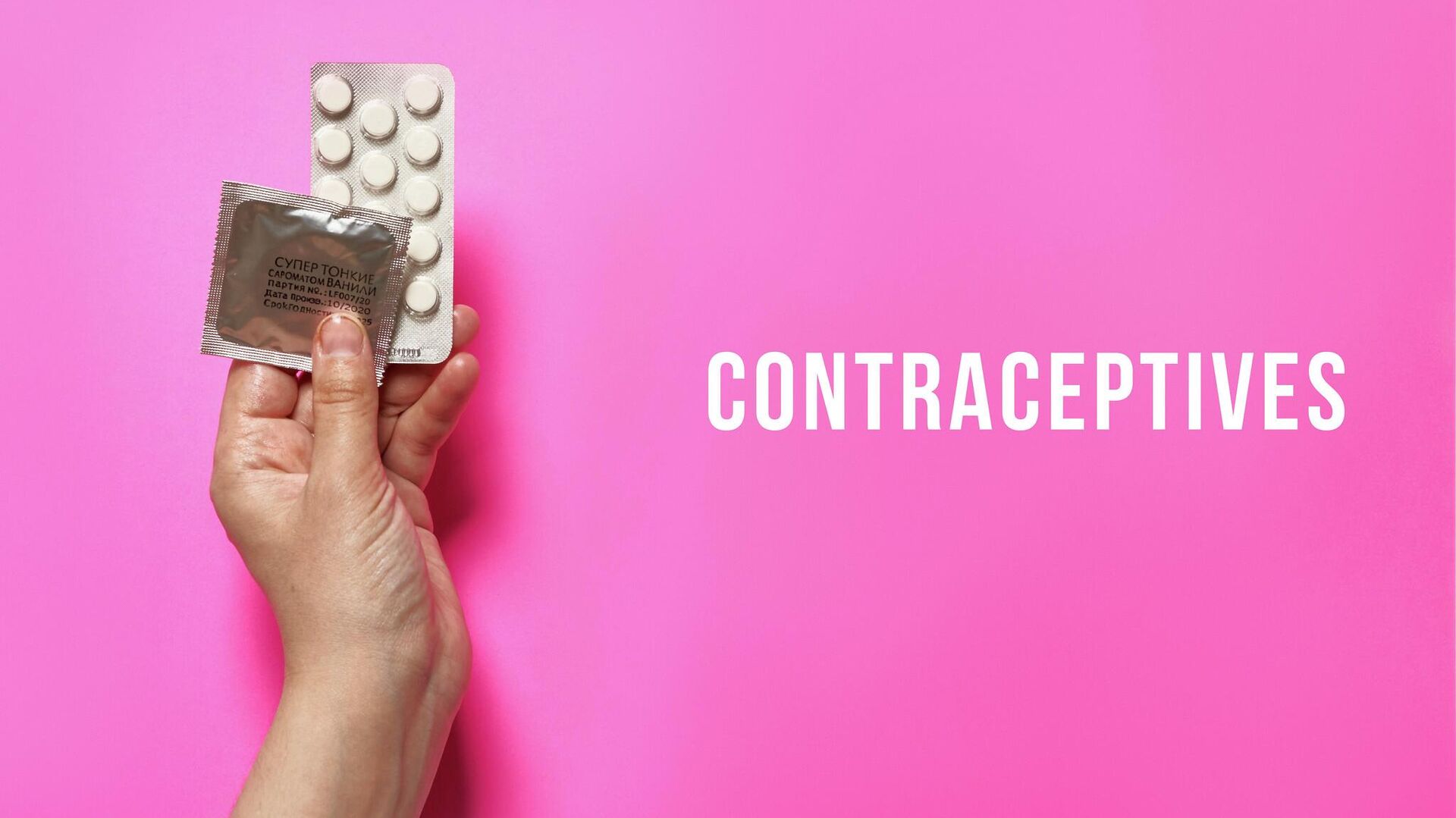https://sputnikglobe.com/20220722/more-than-160-million-women-worldwide-unable-to-get-contraception-study-shows-1097682327.html
More Than 160 Million Women Worldwide Unable to Get Contraception, Study Shows
More Than 160 Million Women Worldwide Unable to Get Contraception, Study Shows
Sputnik International
Overall, the ratio of women of reproductive age using contraception increased from 28 percent in 1970 to 48 percent in 2019. 22.07.2022, Sputnik International
2022-07-22T12:04+0000
2022-07-22T12:04+0000
2022-07-22T12:04+0000
india
contraception
lancet
the lancet
lancet journal
contraceptive pills
https://cdn1.img.sputnikglobe.com/img/07e6/07/16/1097688135_0:133:2047:1284_1920x0_80_0_0_7ccfad5ff88085ba4e2399ee54e3c917.jpg
One in 14 women who wanted to avoid pregnancy was not using contraception in 2019 (some 160 million women worldwide), an assessment of global contraception published in the Lancet has revealed.Southeast Asia, East Asia, and Oceania had the highest use of modern contraceptives (65%) whereas sub-Saharan Africa had the lowest use of modern contraceptives (24%). Between countries, levels of modern contraceptive use ranged from 2% in South Sudan to 88% in Norway. The usage of contraception has increased significantly across the world since 1970, the researchers noted. The reason cited behind the increased usage is that there has been a major shift from the use of less effective, traditional methods, to more effective, modern contraceptives, including oral pills, IUDs, and male and female sterilization."Our results indicate that where a woman lives in the world and their age still significantly impact their use of contraception,” Dr. Haakenstad said.The study finds that compared to other groups, girls and women in the 15-19 and 20-24 age groups respectively are least likely to be able to access contraception. “Importantly, our study calls attention to young women being over represented among those who cannot access contraception when they need it,” Dr. Haakenstad stated.
Sputnik International
feedback@sputniknews.com
+74956456601
MIA „Rosiya Segodnya“
2022
Deexa Khanduri
https://cdn1.img.sputnikglobe.com/img/07e4/0c/1e/1081607388_0:0:961:960_100x100_80_0_0_e9e931b8c1e18fb41f3074e2145d7a3a.jpg
Deexa Khanduri
https://cdn1.img.sputnikglobe.com/img/07e4/0c/1e/1081607388_0:0:961:960_100x100_80_0_0_e9e931b8c1e18fb41f3074e2145d7a3a.jpg
News
en_EN
Sputnik International
feedback@sputniknews.com
+74956456601
MIA „Rosiya Segodnya“
Sputnik International
feedback@sputniknews.com
+74956456601
MIA „Rosiya Segodnya“
Deexa Khanduri
https://cdn1.img.sputnikglobe.com/img/07e4/0c/1e/1081607388_0:0:961:960_100x100_80_0_0_e9e931b8c1e18fb41f3074e2145d7a3a.jpg
india, contraception, lancet, the lancet, lancet journal, contraceptive pills
india, contraception, lancet, the lancet, lancet journal, contraceptive pills
More Than 160 Million Women Worldwide Unable to Get Contraception, Study Shows
Deexa Khanduri
Sputnik correspondent
Overall, the ratio of women of reproductive age using contraception increased from 28 percent in 1970 to 48 percent in 2019.
One in 14 women who wanted to avoid pregnancy was not using contraception in 2019 (some 160 million women worldwide), an assessment of global contraception
published in the Lancet has revealed.
"Women were defined as needing contraception when they were married or if unmarried, sexually active, able to get pregnant and not wanting a child within two years, or if they were pregnant or had just given birth but would have preferred to delay or prevent their pregnancy," the research said.
Southeast Asia, East Asia, and Oceania had the highest use of modern contraceptives (65%) whereas sub-Saharan Africa had the lowest use of modern contraceptives (24%).
Between countries, levels of modern contraceptive use ranged from 2% in South Sudan to 88% in Norway.
The usage of contraception has increased significantly across the world since 1970, the researchers noted. The reason cited behind the increased usage is that there has been a major shift from the use of less effective, traditional methods, to more effective, modern contraceptives, including oral pills, IUDs, and male and female sterilization.
“Although we’ve observed excellent strides in contraceptive availability since the 1970s at a global level, there’s still a long way to go to ensure that every woman and
adolescent girl can benefit from the economic and social empowerment contraceptives can offer," Dr. Annie Haakenstad of the Institute for Health Metrics and Evaluation (IHME) at the University of Washington in the US said in the report.
"Our results indicate that where a woman lives in the world and their age still significantly impact their use of contraception,” Dr. Haakenstad said.
The study finds that
compared to other groups, girls and women in the 15-19 and 20-24 age groups respectively are least likely to be able to access contraception.
“Importantly, our study calls attention to young women being over represented among those who cannot access contraception when they need it,” Dr. Haakenstad stated.




